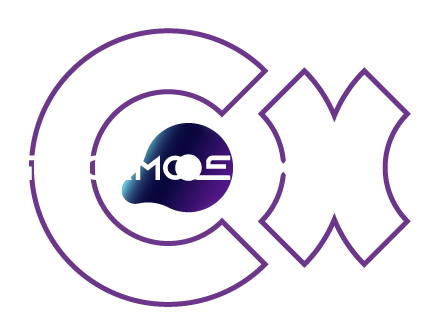The more cameras, the less privacy. How to deal with this state of affairs?
We know how common they are. Security cameras capture every entrance, move and human interaction. How can the situation be balanced? How can we keep ourselves safe without becoming a subject of outer vigilance and privacy abuse?
Cameras in America
A closed-circuit television system, CCTV, captures every person who walks into almost any bank in the United States, store or semi-public establishment. Its main purpose is to capture light and convert it into a video signal. Facilities don’t need permits or to be suspicious of anyone to record everything. Video surveillance technology in the United States allows for the collection of personal and business metadata by service providers, advertisers, and governments.
Public attention directed at widespread surveillance
The NSA’s program of collecting and storing U.S. phone toll records for five years attracted people’s curiosity. The news shocked many who were unaware that by law, reaffirmed by a 1979 Supreme Court decision, they their phone toll records weren’t private. Also, law enforcement agencies all over the world use very sophisticated CCTV systems. They often help governments put people in jail.
These cameras are spread over public space and linked to a powerful network capable of automated tracking, archiving, and identifying suspicious behavior. With a powerful optical zoom lens, this kind of camera can read the wording on a cigarette pack at 100 yards, according to the study of the nonpartisan legal research organization. Other technologies? Also, these public cameras have motion detection, infrared vision and biometric identification capabilities.
The American Civil Liberties Union claimed that public CCTV surveillance creates “an almost Orwellian potential for surveillance and virtually invite[s] abuse” (Steinhardt 1999). Video surveillance of license-plate numbers can identify individual cars. The Washington Post reported two years ago that the system recorded 1,800 license-plate images a minute downloading the data into a rapidly expanding archive that could closely track people’s movements.
Legal concerns
“The Constitution, through the Fourth Amendment, protects people from unreasonable searches and seizures by the government. However, the Fourth Amendment isn’t a guarantee against all searches and seizures. Only those that the law deems unreasonable”, says Uscourts.gov. By balancing two important interests, the law determines which type of search is reasonable. No court has yet found law enforcement use of video cameras to surveil activity on public property to be an unreasonable search”, the Constitution Project report said.
How do police work with surveillance systems?
Police can view in real-time or review footage after a crime to find evidence, identify suspects or witnesses, and build an incident timeline to aid with investigations. D.C. police says they used the system primarily to watch wide areas. Regulations prohibit arbitrary or discriminatory tracking of people and could result in disciplinary action. They record images with the chief of police’s authorization and keep them for a maximum of 10 days. They maintain recordings that contain evidence of criminal activity or of an event that may involve civil liability.
Any privacy remained?
Every persons knows they are being monitored throught the conspicuous installation of security cameras. This way, crime perpetrators will think again before breaking the law. Sensitive places, including parking lots and public resorts, are among the most notorious areas and surveillance greatly aids the police in the identification and deterrence of crime. Same goes for private homes.
Security camera surveillance benefits outweigh the negatives. By improving public and home safety, the world has been a more secure place. Serious considerations in security camera deployment need to be taken to balance public and private safety. We can achieve it through legislation. Privacy in the public arena is past already. According to an article from the Wall Street Journal in 2012, there are more than 20 different ways to collect data about an American.
















